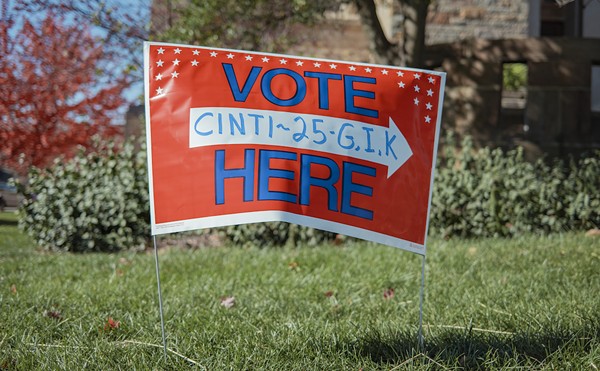When it comes to issues of gender and identity, there is plenty of room for confusion … and curiosity. Male and female aren’t quite the simple either/or checkboxes you might imagine. All sorts of questions abound, from terminology to the experiences of day-to-day living. Chicago-based artist and speaker Rebecca Kling, a transgender woman, delivers some factual and personal answers as she earnestly covers a range of trans- and sex-related topics in her one-woman Fringe show, The Storms Beneath Her Skin.
It’s a multifaceted slice of edutainment that’s by turns fun, angry and enlightening. It’s also playfully educational with projected content, but occasionally verges on pedantic. Early on, it’s NPR-style history points from 19th-century psychiatrist von Krafft-Ebing’s Psychopathia Sexualis. Later, in one of the most amusing segments, Kling uses charts, graphs and even algebra to illustrate the spectrum of sexual and gender-based experiences. Other aspects of gender, such as presentation, gonads, chromosomes and so on are cleverly shown in an abacus-like graphic. Questions abound, from terminology to the experiences of day-to-day living.
Kling covers plenty of ground, but I found myself more drawn in by her personal stories than the more factual matters. Details about her own experiences reveal her as a brave and fascinating person, and become the show’s most compelling elements. After years of taking oral estrogen-led hormones, she ponders the (very serious) pros and cons of sexual reassignment surgery. She talks about the pretty clothes she wants to wear that would require her tucking her penis away. And who’d have thought she’d go to the same laser hair removal salon as her mother?
Metaphors of nature, seasons and the weather provide poetic moments — including the title — and some vague sense of cohesion. Kling’s series of dancelike “pin-up” poses convey warmth and feeling, in addition to expressing her comfort in her own body. Her body later becomes a weather system; tempestuous storms rise as she delivers an impassioned (and quite personal) mock-apologetic monologue. The storms beneath her skin, indeed.
On balance, the show skews more in the direction of consciousness-raising than a performance piece. Yet trans topics need to be given more presence and voice (beyond say, Chaz Bono), so Kling’s gutsy earnestness feels relevant and very real. When she says, “Life is so much more beautifully complicated than that,” we believe her.





